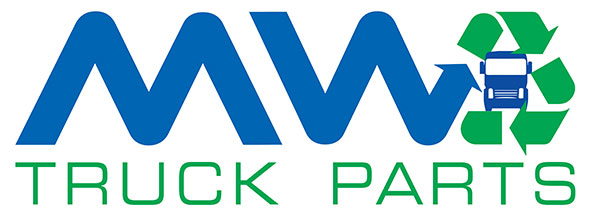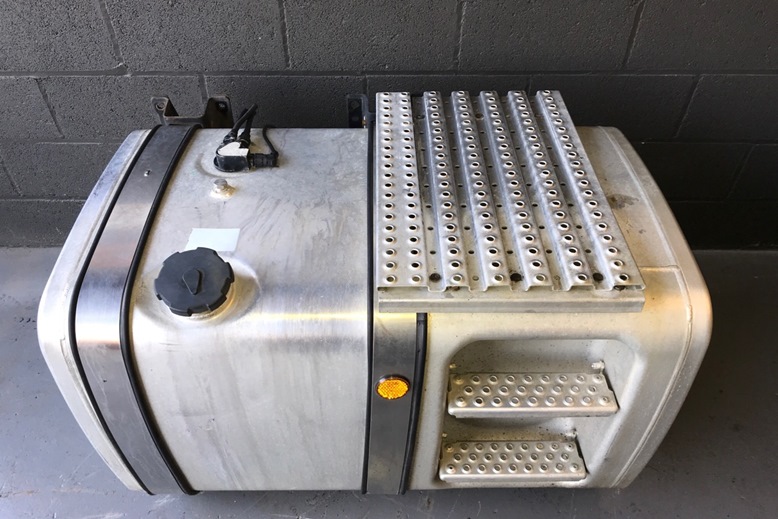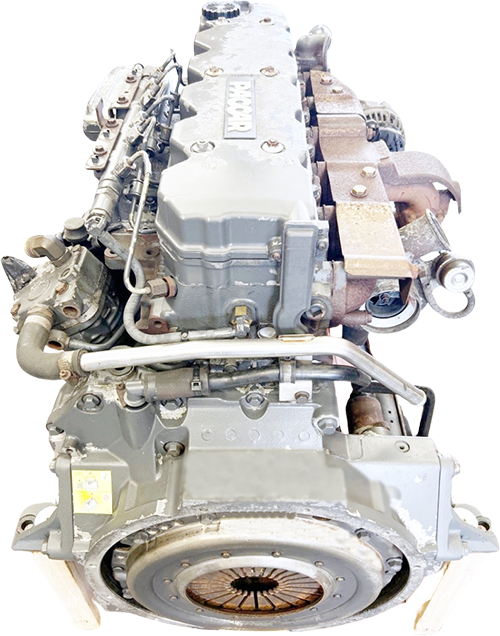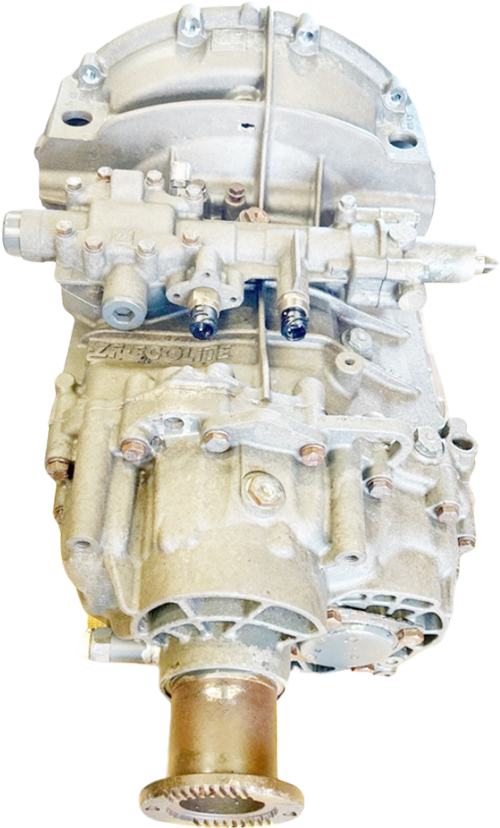In the United Kingdom and the EU, there are no rules or regulations that stipulate that commercial vehicles, such as lorries, must be taken out of service when they reach a certain age. This means that theoretically, a lorry could remain in operation indefinitely.
However, it is important to remember that everything has a shelf life. What we mean by this is that in the case of a lorry or HGV, it only makes economic sense to keep it in service for the period where it is cost-effective to maintain and repair it. Beyond that period, it would be prudent to sell the lorry for scrap and to invest in a newer commercial vehicle. For example, if you had a lorry that was forty years’ old and the head gasket failed, then you might not be able to source the part you need to repair it. Or, the part that you need might be in such high demand that you will be priced out of making a repair.
The bottom line here is that if you look after your lorry or HGV, then it will serve you for a very long time, since lorries are built to last (we have seen lorries that are over 30 years’ old with more than 1,000,000 kilometres on the clock).
There is another scenario where a lorry becomes obsolete to somebody though, and that scenario involves fuel economy. Lorries, for what it’s worth, are not very efficient vehicles since they haul a huge amount of weight. To level this out, lorries have enormous fuel tanks (they hold over 100-gallons usually) and these fuel tanks allow them to travel cross-country without issue. However, in recent years’ lorries have become more fuel efficient to the point where it is possible to get an extra 100-150 kilometres from a tank. That might not sound like much, but to a business in logistics, those cost-savings add up across a fleet.
The sad truth is that for inefficient lorries and HGVs, their lifespan is short. Once they have racked up over 1,000,000 kilometres, they will have earned back their cost, giving the business a return on investment. At that point, they will be sold on, either to another business for a low cost or for breaking or scrap. This fuels the market for new lorries, and it is good news for M. W. Truck Parts, since our business is selling used (and new) truck parts.
Overall then and to summarise this article, a lorry usually will stay in service if it makes economic sense for it to do so. However, fleet operators will upgrade as soon as a lorry dips below a financial threshold, so that they can continue to meet their objectives.











This is really interesting, You are a very skilled blogger. I’ve joined your rss feed and look forward to seeking more of your fantastic post. Also, I have shared your web site in my social networks!